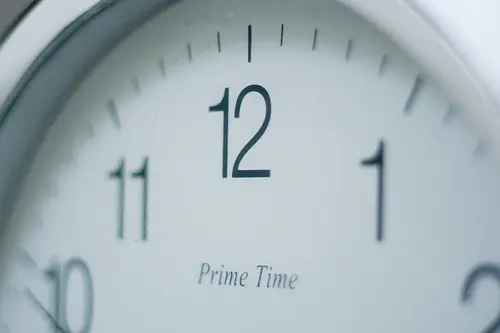It’s time for a federal automatic renewal law. Too many businesses overcharge their customers with auto-renewing club dues, gym memberships, and subscriptions. The madness has to end.
For residents of at least one state, it will soon. But the protections doesn’t go far enough, and they don’t apply to enough people to make a difference. We need a tough federal automatic renewal law.
Relief for Californians on July 1
On July 1, California’s automatic renewal and continuous service offers law goes into effect.
This bill requires a business to include a “clear and conspicuous” explanation of the price charged after a trial ends. It would also prohibit companies from charging a consumer for an automatic renewal or continuous service made at a promotional or discounted price without first obtaining the consumer’s consent.
The California law also says a consumer who accepts an automatic renewal offer or continuous service offer online must be allowed to terminate the automatic renewal.
But the law doesn’t go far enough, and unfortunately, federal protections are practically nonexistent.
Have you ever tried to cancel Amazon Prime?
Corporate lobbyists will fight a federal automatic renewal law because many companies have built their businesses around lax automatic renewal laws.
Consider Amazon, which automatically enrolls you in auto-renew for Amazon Prime when you sign up. Why? Amazon would argue it’s a “convenience” for customers, and some Prime members might agree. But it’s also true that many customers will simply forget about their annual renewal. Amazon’s annual notification about their renewal will go to the “spam” box, and they’ll get signed up for another year of Prime.
It happened to me.
I’ve already auto-renewed for Prime once without wanting to. I let it slide because I thought I might use the benefits. But when Amazon announced it would raise its Prime membership to $119, I wasn’t sure I wanted to continue. Fortunately, I had written myself a reminder last year to reassess the membership. I didn’t trust Amazon to send me a courtesy reminder, and I didn’t trust Gmail to deliver it to my “in” box.
When you log into your Amazon account, there’s no button that says “cancel your Prime membership.” The option is three counterintuitive clicks into the site. Once you start the process, Amazon starts to scream: “Are you sure you want to cancel?”
Even after you do, it tries to lure you back in.

I’m glad they sent this to me because this is exactly what should be happening. You should opt into next year’s Amazon Prime membership by clicking the big yellow button. That’s the right thing to do. If customers love their Prime membership and want to continue with it, of course they’ll click the button!
But no. Countless businesses rely on these often deceptive negative option opt-outs — and in a vast majority of cases, the government lets them.
This has to end.
What a federal automatic renewal law must do
California’s law is a good start. Disclosure is important, and the “free” offers should stay free unless you agree to pay. But a federal automatic renewal law should also address these issues:
✓ When you sign up for a “free” membership, the renewal must be opt-in by default. If you don’t positively affirm your renewal at the end of the free trial, a business may not continue to charge you.
✓ When you sign up for automatic renewal, you should have the choice of receiving regular opt-in requests to keep you subscribed (weekly, monthly, yearly). At no point should an opt-in request exceed one year. In other words, any federal automatic renewal law would mandate that I re-up manually at least once a year.
✓ Banks, credit cards and financial institutions whose “dispute” departments routinely side with auto-renewing companies must be held accountable. If they permit an illegal auto-renewal, they should face significant fines.
✓ A law should also mandate a rescission period of no less than 30 days. If you auto-renew a product, you have a month to cancel and receive a full refund, provided you haven’t used the product.
✓ We need a “fair use” clause that says if you don’t use a product or service you’ve inadvertently renewed, you don’t have to pay for it. Companies are betting on consumers forgetting about their automatically renewed products.
For example, my credit card auto-renewed an Adobe account I believed had been terminated long ago. When I tried to cancel, a representative initially tried to charge me for the service, even though I hadn’t logged into the account in almost a year. A “fair use” clause would mandate that if you don’t use a product you’ve auto-renewed, a business can’t charge you for it, for up to a full year.
A note to the critics
Maybe you find the idea of a federal automatic renewal law difficult to swallow. You may think we already have too much government regulation. You might say if we only enforced existing laws, none of this would be necessary. Some of you will also claim that it’s our own fault if we don’t pay attention to our credit card bills. (Related: Are lax rules slowing down airline ticket refunds?)
I hear you. If the law adequately protected you, I would never propose a federal automatic renewal law. But the sad fact is, the law turns a blind eye to consumers and protects companies which build their businesses around deceiving you. A recent survey found consumers saved an average of $512 a year when they eliminated recurring charges.
Maybe it’s time for the insanity to end. Maybe it’s time for a federal automatic renewal law.




